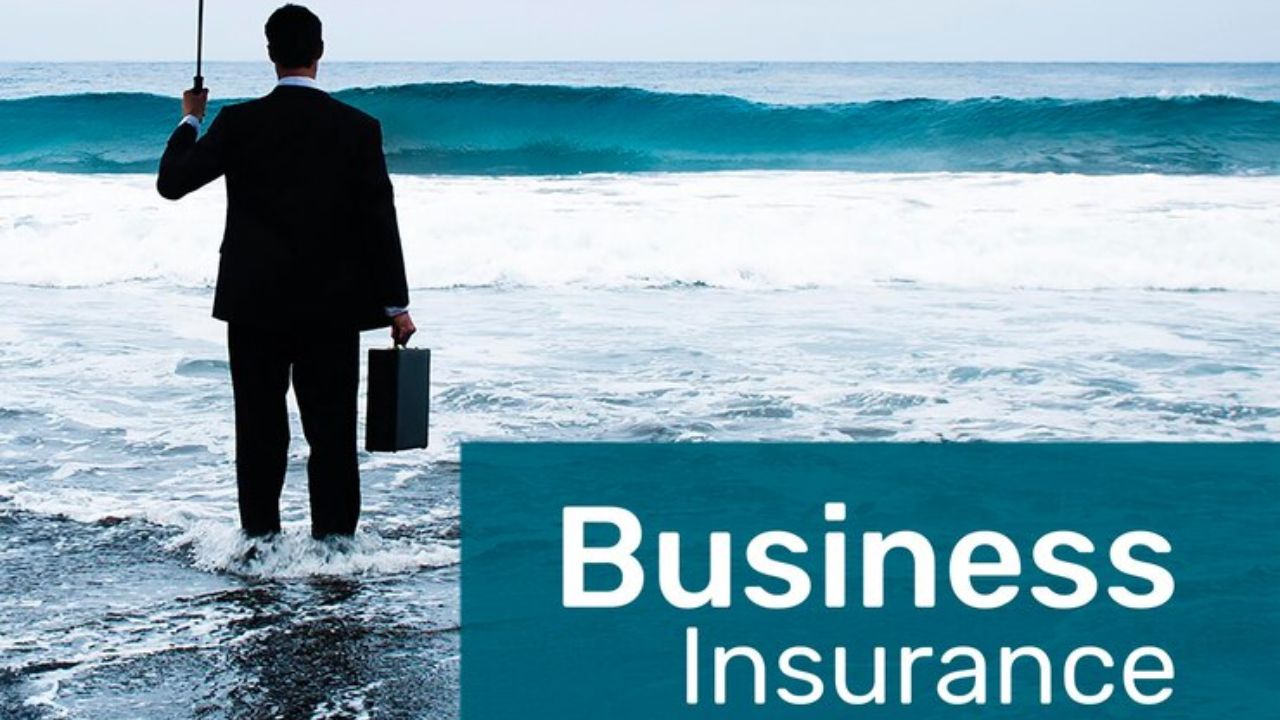Introduction
Running a small business is no small feat. Between managing employees, keeping customers happy, and balancing the books, it’s easy to forget about one critical aspect: protection. No, not the security system you installed last year. We’re talking about small business insurance—a safety net that can save your business from financial disaster.
But what exactly is small business insurance, and why do you need it? Whether you’re a seasoned entrepreneur or just starting out, understanding insurance can feel like navigating a maze. With countless options and complicated jargon, it’s tempting to skip over the details. However, getting the right coverage is crucial for ensuring your business’s survival in the face of unexpected events.
In this article, we’ll break down the basics of small business insurance, explore the different types of coverage available, and offer practical tips for selecting the right policy. So, buckle up—let’s dive into the world of small business insurance!
Why Small Business Insurance Matters
Protecting Your Business from the Unexpected
Imagine this: You’re a proud owner of a quaint coffee shop. One morning, you wake up to find that a pipe burst overnight, flooding your entire storefront. Without insurance, the cost of repairs, lost inventory, and business interruption could be enough to shutter your doors for good. Scary, right?
Small business insurance is designed to protect you from just that. Whether it’s a fire, theft, or a lawsuit, having the right coverage can be the difference between staying afloat and going under. Here’s the thing: Accidents happen. You can’t predict when or how, but you can be prepared for them.
Legal Requirements and Peace of Mind
Depending on where you’re located and the nature of your business, you might be legally required to have certain types of insurance. For example, if you have employees, workers’ compensation insurance is often mandatory. But even when it’s not required by law, having insurance can give you peace of mind, knowing that you’re covered if something goes wrong.
Plus, let’s face it: Running a business is stressful enough without constantly worrying about what-ifs. Insurance allows you to focus on growing your business, rather than fretting over potential disasters.
Types of Small Business Insurance
When it comes to insurance, one size definitely does not fit all. The type of coverage you need depends on your industry, location, and specific risks. Let’s take a closer look at some of the most common types of small business insurance.
1. General Liability Insurance
This is the granddaddy of all business insurance policies. General liability insurance protects your business from claims of bodily injury, property damage, and advertising injury. For instance, if a customer slips and falls in your store, this insurance would cover their medical expenses and any legal fees if they decide to sue.
What it covers:
- Third-party bodily injury
- Third-party property damage
- Legal defense and settlements
2. Property Insurance
If you own or lease a physical space for your business, property insurance is a must-have. It covers damage to your building and its contents caused by events like fire, theft, or vandalism.
What it covers:
- Your building (if owned)
- Inventory
- Equipment
- Furniture and fixtures
3. Workers’ Compensation Insurance
As mentioned earlier, workers’ comp is often required if you have employees. It provides coverage for medical expenses and lost wages if an employee gets injured on the job. Not only does it protect your employees, but it also shields your business from potential lawsuits related to workplace injuries.
What it covers:
- Employee medical expenses
- Lost wages
- Disability benefits
4. Professional Liability Insurance
Also known as errors and omissions (E&O) insurance, professional liability insurance is essential for service-based businesses. It protects against claims of negligence or mistakes made while providing professional services. For example, if you’re a consultant and a client claims that your advice led to financial loss, this insurance would cover your legal defense and any settlements.
What it covers:
- Professional errors and omissions
- Legal defense costs
- Settlements and judgments
5. Business Interruption Insurance
Sometimes called business income insurance, this coverage helps replace lost income if your business is forced to close temporarily due to a covered event, like a fire or natural disaster. It can also cover operating expenses like rent and utilities while your business is out of commission.
What it covers:
- Lost revenue
- Operating expenses
- Relocation costs (if applicable)
How to Choose the Right Small Business Insurance
Assess Your Risks
The first step in choosing the right insurance is understanding the specific risks your business faces. Every industry has its own set of challenges, and knowing what could go wrong will help you determine which types of coverage you need.
Ask yourself:
- What are the biggest threats to my business?
- What’s the likelihood of these risks occurring?
- How much would it cost to recover from these events?
Get Multiple Quotes
Insurance premiums can vary widely between providers, so it’s a good idea to shop around and get quotes from multiple insurers. Don’t just focus on price—consider the coverage limits, exclusions, and customer service reputation of each provider. Sometimes, paying a little more for better coverage and service is worth it in the long run.
Work with an Insurance Broker
If you’re feeling overwhelmed by the options, consider working with an insurance broker. Brokers are experts in the field and can help you navigate the complexities of small business insurance. They can also compare policies from different providers and recommend the best fit for your needs.
Review Your Policy Annually
Your business isn’t static, and neither should your insurance policy be. As your business grows or changes, your coverage needs may evolve. Make it a habit to review your insurance policy annually and update it as necessary. This way, you’ll ensure that you’re always adequately protected.
FAQs About Small Business Insurance
1. Do I really need small business insurance?
Absolutely! While you might be tempted to skip insurance to save money, the financial impact of an unexpected event could be devastating. Insurance is an investment in your business’s future.
2. What happens if I don’t have insurance and something goes wrong?
Without insurance, you’ll be on the hook for all costs associated with the event. This could include medical bills, legal fees, repair costs, and lost income. In many cases, these expenses can be overwhelming and lead to bankruptcy.
3. How much does small business insurance cost?
The cost of insurance varies depending on several factors, including the type of business, location, number of employees, and coverage limits. On average, small businesses pay between $500 and $3,000 per year for general liability insurance, but this can vary widely.
4. Can I bundle different types of insurance?
Yes, many insurance providers offer package policies that bundle different types of coverage into one policy. This can often save you money compared to purchasing separate policies for each type of coverage.
5. How do I file a claim?
Filing a claim typically involves contacting your insurance provider, providing details about the incident, and submitting any necessary documentation. Your provider will then investigate the claim and determine the appropriate payout.
Conclusion
Navigating the world of small business insurance might feel like a daunting task, but it doesn’t have to be. By understanding your risks, exploring different coverage options, and working with professionals, you can secure the protection your business needs to thrive.
Remember, insurance isn’t just a legal requirement or an added expense—it’s a vital part of your business strategy. With the right coverage in place, you’ll have peace of mind knowing that your business is protected, no matter what life throws your way.
So, whether you’re just starting out or looking to review your existing policy, now is the perfect time to ensure that your small business insurance is up to snuff. After all, your business’s future depends on it!

